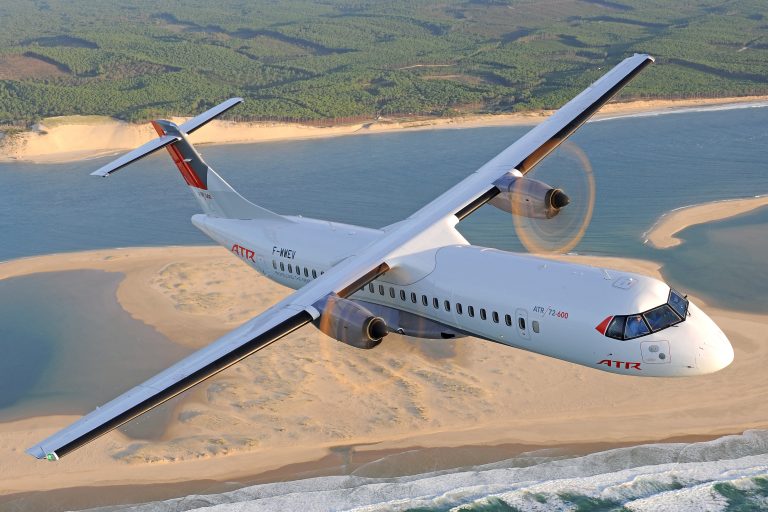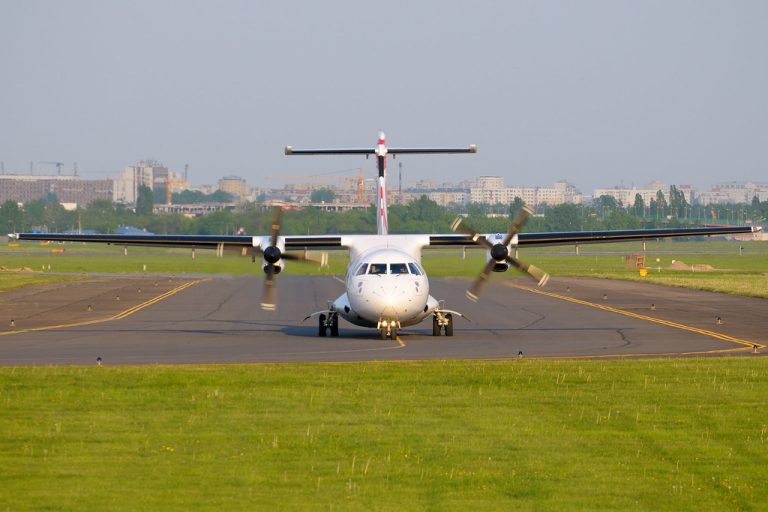In the Axarquía region near the airport in Malaga, a €1.5 billion investment, led by the energy group Repsol and backed by the European Union’s Innovation Fund, is set to build two 100 MW electrolysis plants. These are expected to deliver up to 200,000 tonnes of sustainable aviation fuel (SAF) each year, with operations beginning around 2029. This aligns with Spain’s national hydrogen strategy that targets 4 GW of electrolysis capacity by 2030. The proposed facility is a significant step along the broader decarbonisation pathway for aviation.
What makes the site particularly compelling is the region’s advantage in renewable energy generation—Malaga benefits from roughly 2,500 hours of sunshine annually. This boosts the economics of feeding solar‑powered electrolysis, potentially cutting power costs for hydrogen production by around half compared with less favourable locations. It is this mix of renewables and industry scale that gives investors a credible linkage between local resource advantage and a global decarbonisation need.
SAF production via green hydrogen, where hydrogen derived from electrolysis is combined with captured carbon dioxide to form synthetic kerosene, carries the promise of reducing lifecycle aviation emissions by up to around 85%, and in some estimates up to 90%.
Avation PLC (LON:AVAP) is a commercial passenger aircraft leasing company owning a fleet of aircraft which it leases to airlines across the world. Avation’s future focus are new technology low CO2 emission aircraft.






































